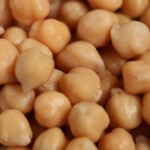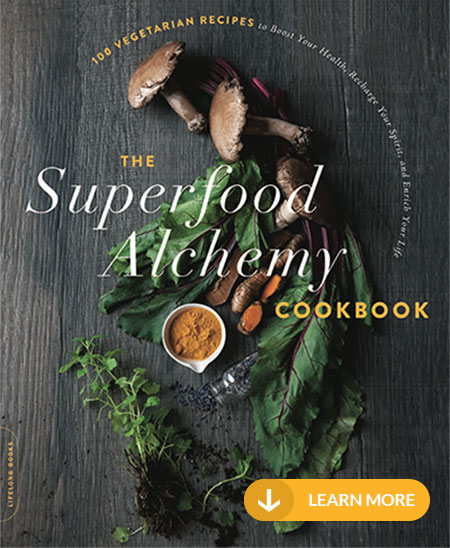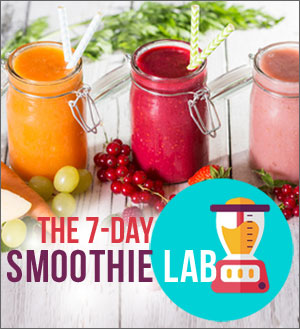cking produce isn’t an art, it’s a science! Once you learn theses simple tips, you’ll be a pro around the produce isle. The best place to get the freshest produce is always your local farmer’s market, where it’s simple to eat seasonally.
Resources & Glossary
In this section, you'll find posts with resources on eating, cooking and living healthier - including a glossary for all vitamins, minerals and nutrients.
Über-Superfoods
I’ve talked about the health wonders of superfoods – highly nutritious foods that come with a host of vitamins, minerals along with special healing compounds. But some superfoods are even more “super” than others, I’ll refer to them as “Über-Superfoods”!
How Corn Syrup Makes You Hungry
High-fructose corn syrup (HFCS), a cheap sweetener that has been a popular food additive in recent decades, has often been fingered as a driver of the obesity epidemic. Grocery store aisles are awash in foods and beverages that contain HFCS and it is common in sodas as well as in everything from ketchup to snack […]
Healthy Cheats For Natural Weight Loss
‘Healthy Cheats’ showcases the Skinny Chef approach to natural weight loss. This video explains what’s in my new book out on Amazon, and how you can get the free bonus materials.
Organic, Local, and Conventional Produce
I support organic because organic produce taste better, it’s better for the environment, and has less toxins that come in the form of pesticides and pollutants in conventional produce. But it’s understandable that not all people can afford to buy all organic all the time …
Vitamin B6 (Pyridoxine)
Vitamin B6 is essential for dozens of metabolic reactions. Energy metabolism, glucose utilization, neurotransmitter synthesis, hormone activity, DNA synthesis and red blood cell formation are all dependent on vitamin B6. Because B6 is so important for metabolism of amino acids, higher protein intake means increased use of B6.
Magnesium
Magnesium is a key component of bones; 60% of our magnesium is in bones. It’s also involved in more than 300 metabolic reactions, that control things like energy production from fats and carbohydrates, DNA synthesis, protein synthesis, enzyme activity and cell signaling.
Vitamin C
Vitamin C has many important roles in human health. It acts as an anti-oxidant, protecting cells from damage from free radicals, which are metabolic byproducts. It’s essential to the production of collagen, a structural protein used in wound healing, tendons, bones, blood vessels and ligaments.










 Are you ready to look better, feel more energized, and get back that youthful feeling you remember having as a kid? I can help you on a journey that will change the way you eat — for good. My
Are you ready to look better, feel more energized, and get back that youthful feeling you remember having as a kid? I can help you on a journey that will change the way you eat — for good. My 














 As a healthy cooking expert, health coach and TV host,
As a healthy cooking expert, health coach and TV host, 


